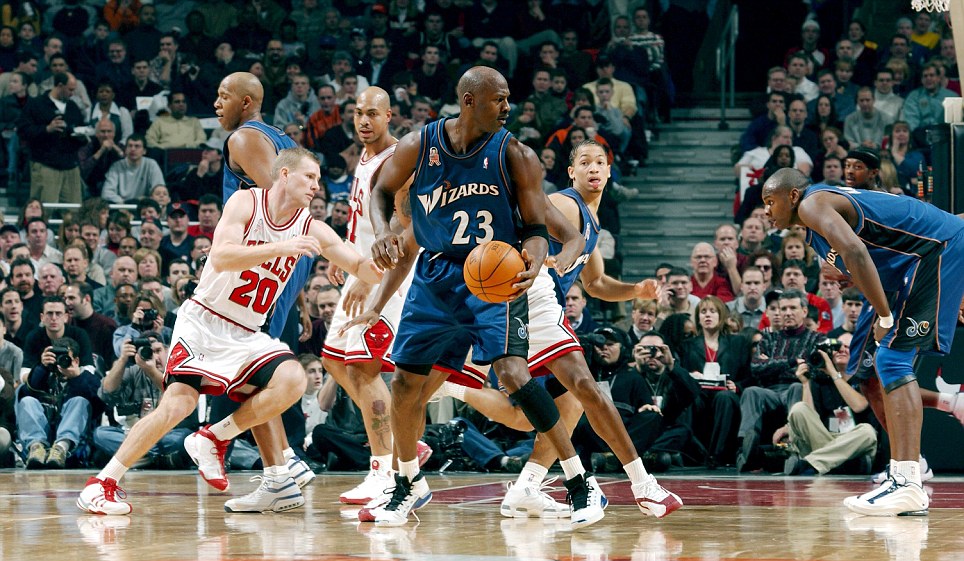Okay, so you’ve got all the obvious skills as an air talent. But the reason people hire me is that the obvious skills aren’t the ones that actually engage people emotionally.
People who’ve worked with me know that I teach a lot of radio techniques by NOT using radio as an example. (And I’m also fortunate to work with several extremely successful voice actors that you hear every day on national commercials and movie trailers.)
So to be a better air talent, or to try and transition to the voice acting world, here’s a simple first step:
Watch great movies, and soak up WHY the great actors ARE the greats. Here are several movies to watch that I recommend:
The Maltese Falcon.
Humphrey Bogart, Sidney Greenstreet, Peter Lorre – all three completely different from each other, all just great vocal studies. Yes, it’s an old black-and-white movie, but it’s a dialogue and acting clinic.
Anything with Tom Hanks or Harrison Ford.
Hard to beat these two. These guys just embody the “everyman” image, but can also play heroic parts. I’d pay to watch Hanks read a parking ticket.
Lonesome Dove.
The best mini-series ever on TV, with the great Robert Duvall in one of his two favorite performances ever, and the wonderful Tommy Lee Jones.
Mama Mia.
Yes, the ABBA movie. With Meryl Streep, an acting (and voice acting) class herself, and other standout performances from the entire cast, especially the three male stars. If you sneer at it just because it’s ABBA stuff, well, get over it.
The Godfather.
If you don’t like the violence or subject matter, okay, but you should watch something with Marlon Brando. He understood better than anybody the power of delivering a line softly, rather than being loud.
Anything written by Aaron Sorkin.
The West Wing, The Newsroom, The American President (if only we had one like Michael Douglas in this movie), Moneyball, The Social Network, etc. Sorkin is, in my opinion, the best screenwriter on earth. He really gets “emotional investment” (an acting term that I preach all the time).
Have fun watching, and LEARN.





